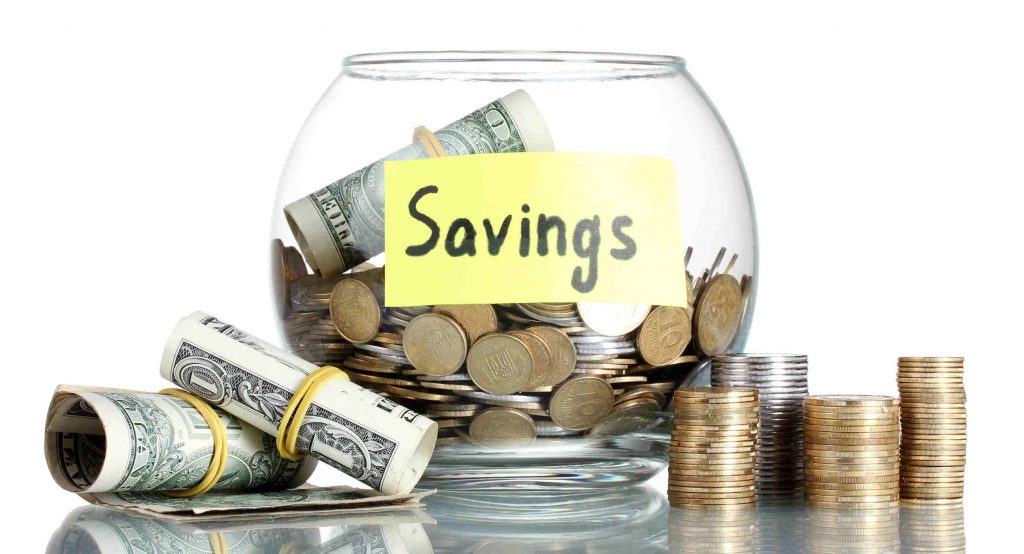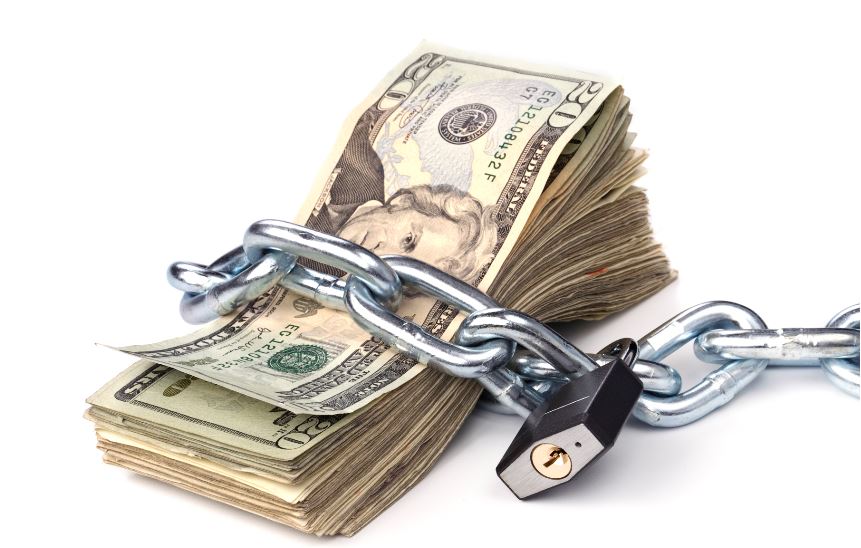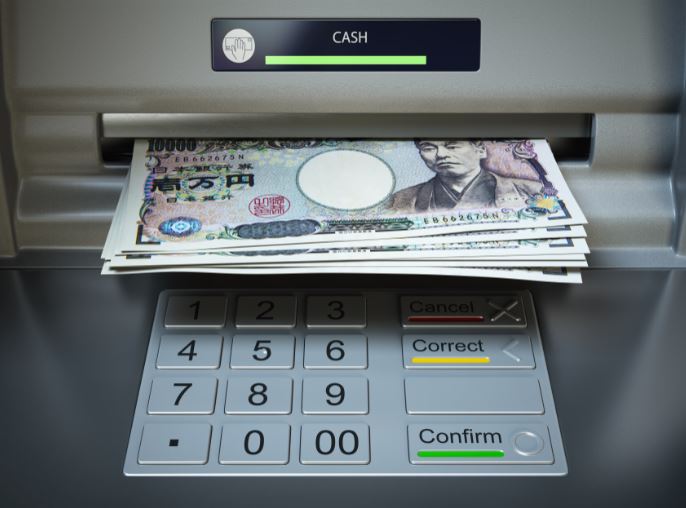Pension vs 401(k), confused what to choose? There is a considerable variety of retirement plan options available to employees. However, given that all of these plans have their own set of benefits and drawbacks, you must know exactly which one you should select and why.
That’s why today, we have compiled the six most important things to remember when you are considering your pension plan or a 401k.
Pension v 401(k) – Six Things to Keep in Mind
Mentioned below are the six most important things to remember.
1. Whether You Want to Set the Contribution Schedule

401(k) allows you to contribute as much of their paycheck as they would like to, as long as you don’t exceed any annual contribution laws which may exist in your country.
There are several different strategies that you can use to work out exactly how much you need to contribute to enjoy a comfortable retirement. All you need to do is select the strategy that works best for you, and contribute in accordance.
Pensions, however, leave most of the power with the employer. They get to decide precisely how much will be contributed from each employee.
You might wish to think that employers are sufficiently responsible for funding their pension accounts, but commonly, pensions do fail as a result of underfunding.
2. Whether or Not You’ll “Outlive” Your Savings

On a global scale, life expectancy has increased rapidly throughout the last generation. While that means you’ll get more time to spend with your grandkids, it also means that you’re going to need more money to cover expenses.
When you’re an employee, it’s very difficult to predict whether you should be preparing yourself for a 15-year retirement or a 30-year retirement. With a pension, you will have the luxury of this “lifetime income”, whereas with a 401(k), you won’t be able to have the same security.
Whether or not you have some certainty with regards to the length of the retirement that you should be planning for is a critical factor that should be taken into account when deciding between a pension or 401(k).
3. Whether or Not You Want to Make the Investment Decisions

The only thing worse than underfunding is underfunding with bad investment decisions. Concerning pensions, history will evidently show that you can’t assume that the manager who looks after your pension will make wise decisions.
One reason why pension plans are prone to failure is that managers often are attracted to alternative investments, hedge funds in particular. And as you well know, there is no guarantee that these plans will outperform the market to give healthy returns.
With a 401(k), you will, of course, have a slightly higher degree of freedom concerning your investment options. Generally speaking, the employee has a number of options to choose from, including mutual funds, large/small-cap funds, real estate funds and even foreign funds.
Ranging all the way from aggressive growth funds, to more conservative, safer funds with less risk involved.
4. The Security of Your Money

When you opt for a pension, you do have to keep in mind how your employer may be performing 20 years down the line.
Take Enron for example, a U.S multinational organisation whose spectacular crash not only wiped out thousands of jobs but also destroyed the company’s $2billion in pension reserves.
Many employees & former-employees who had retired, found themselves losing their primary source of income. While most countries do have an organisation to insure pensions should your employer fail, at the end of the day, they only have so much money to hand out.
401(k)’s on the other hand, are totally safe, regardless of how your company performs. They legally can not touch your 401(k) savings, even if they turn into the next Enron-Style disaster, while you may find yourself without a job, you’ll know that your 401k savings are just fine.
5. How You Withdraw Your 401k Savings

With a pension, of course, you will receive a steadily monthly income from the fund that has been created over your career. With a 401(k) however, it becomes more difficult to budget and withdraw exactly what you need every month.
That way, unless you have sufficient knowledge and skills in the world of investing, you may find yourself pinching pennies in your retirement.
This means that the option of a 401(k) may put greater responsibilities in your own hands, to make sure that you have enough money to live on and that you don’t outlive your funds like mentioned above.
6. Taxes

Another factor which should be kept in mind is taxes. Of course, this will vary from country to country, so we advise that you consult a tax professional on this matter.
In the US, for example, anyone wishing to withdraw money from their 401(k) under the age of 59 and a half will lay a hefty tax on their withdrawals, along with other financial penalties. However, as we said, you should investigate the laws in your own country before making any decisions.
Final Words
In conclusion, then there is no obvious answer as to whether or not a pension or a 401(k) is the best retirement option for you. In theory, it seems that pensions could be argued to be the perfect retirement tool.
However, it appears that in reality, they do have pitfalls, which can be traced to a lack of freedom & security with regards to your retirement funds.
401(k)’s on the other hand, are not perfect either. Again, the lack of security, without the guarantee of a lifetime income, will scare many employees away from them.
The truth is that both options have positives and negatives, all of which should be taken into account before making any decisions.


